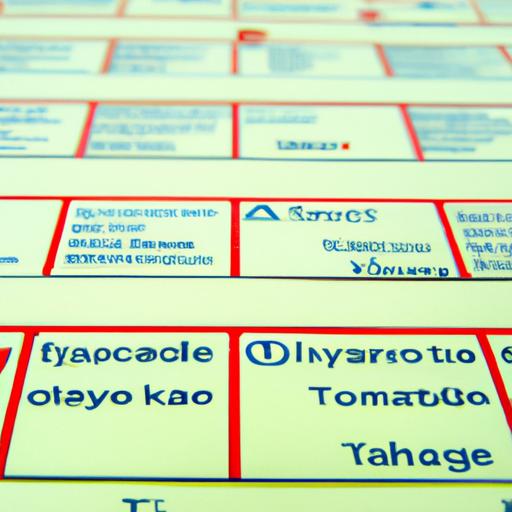
Coping with Canine Noise Phobia: Loud Noises Anxiety
Learn effective strategies for coping with canine noise phobia and loud noises anxiety in dogs. Create a safe environment and seek professional help.
Introduction to Canine Noise Phobia: Loud Noises Anxiety
Dogs are not immune to fears and anxieties, and one common issue many dogs face is Canine Noise Phobia, also known as loud noises anxiety. This condition refers to an extreme fear or anxiety response that dogs experience in reaction to loud noises such as thunderstorms, fireworks, or even the sound of a vacuum cleaner. As a pet owner, it is essential to understand the causes and symptoms of this phobia to help your furry friend cope with it effectively.

Coping with Canine Noise Phobia: Effective Strategies
Understanding your dog’s triggers and reactions
Every dog is unique, and so are their triggers and reactions to loud noises. Some dogs may tremble, hide, or exhibit destructive behavior when exposed to loud noises, while others may become excessively vocal or even try to escape. Observing and understanding your dog’s specific triggers and reactions can help you tailor an appropriate coping strategy.
Creating a safe and comforting environment
Providing a safe and comforting environment is crucial for dogs with noise phobia. Create a designated safe space for your dog where they feel secure during loud noise events. This space could be a cozy corner with their favorite toys, blankets, and comforting scents. Additionally, consider using white noise machines or calming music to help drown out the noise.
Gradual desensitization and counterconditioning techniques
Desensitization and counterconditioning involve gradually exposing your dog to the sounds that trigger their anxiety in a controlled and positive way. Start by playing recordings of the noises at a low volume while engaging your dog in enjoyable activities or rewarding them with treats and praise. Over time, gradually increase the volume and duration of exposure, always ensuring your dog remains calm and relaxed.
Utilizing calming aids and therapies
There are various calming aids and therapies available that can help alleviate the symptoms of Canine Noise Phobia. Calming supplements, such as natural pheromone diffusers or over-the-counter anxiety-relieving products, may provide temporary relief. Additionally, consult with a professional dog trainer or veterinarian who can recommend behavior modification techniques or prescribe anti-anxiety medications if necessary.
FAQ about Canine Noise Phobia: Loud Noises Anxiety
What breeds are more susceptible to loud noises anxiety?
While any dog can develop noise phobia, certain breeds are more predisposed to this condition. Breeds like Border Collies, German Shepherds, and Bichon Frises have shown higher susceptibility to loud noises anxiety. However, it is important to remember that individual experiences and personalities also play a significant role.
How can I differentiate between normal fear and noise phobia in my dog?
It can be challenging to differentiate between normal fear and noise phobia in dogs. However, if your dog’s fear response is excessive, persistent, and interferes with their daily life, it is likely a phobia. Signs of noise phobia may include intense shaking, salivating, pacing, or destructive behavior. If you suspect your dog has noise phobia, consult with a veterinarian or animal behaviorist for a proper diagnosis.
Are there any medical treatments available for canine noise phobia?
Yes, there are medical treatments available for canine noise phobia. Anti-anxiety medications prescribed by a veterinarian can help manage the symptoms and provide relief for dogs with severe noise phobia. These medications should only be used under professional guidance and in combination with behavior modification techniques.
Can professional training help in managing loud noises anxiety?
Professional training can be highly beneficial in managing loud noises anxiety in dogs. A certified dog trainer or behaviorist can assess your dog’s specific needs and develop a tailored training plan to help them overcome their fears. Training can include desensitization exercises, counterconditioning techniques, and teaching your dog alternative coping mechanisms to reduce anxiety during loud noise events.
Conclusion
Coping with Canine Noise Phobia, or loud noises anxiety, can be challenging for both dogs and their owners. By understanding your dog’s triggers, creating a safe environment, implementing desensitization techniques, and seeking professional help when needed, you can help your furry friend overcome their fears and lead a happier, more relaxed life. Remember, patience, compassion, and consistency are key when supporting your dog through their journey of coping with Canine Noise Phobia.





























